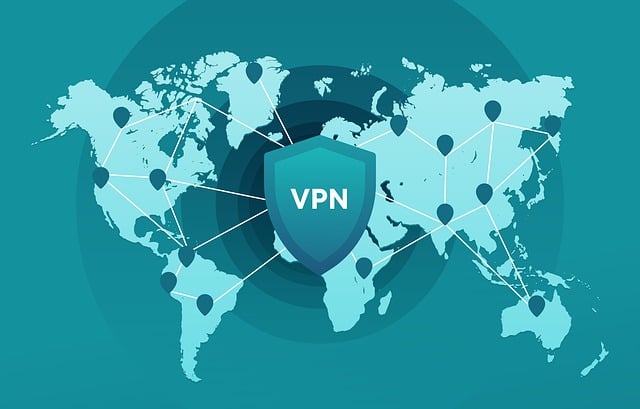Introduction
In the age of the Internet, access to information and communication has become a basic human right.
However, not all countries guarantee this right and many engage in censorship, surveillance, and other forms of restriction.
Virtual Private Networks (VPNs) have become an essential tool for users seeking to bypass these limitations and maintain their online freedom.
In this article, we will explore the impact of VPNs on online freedom and censorship and how they are changing the way people access the Internet.
What is a VPN and How Does it Work?
A VPN is a secure and encrypted connection that allows a user to access the Internet through a remote server, masking their IP address and location.
This provides a layer of protection and anonymity, enabling users to bypass censorship, access restricted content, and maintain their privacy online.
The use of VPNs has become increasingly popular in countries where the government engages in censorship and surveillance.
By connecting to a VPN server in another country, users can access the Internet as if they were in that location, bypassing any blocks or restrictions imposed by their own government.
Impact on Online Freedom
VPNs are crucial for online freedom, enabling users to access information and communicate freely without fear of censorship or surveillance.
In countries where the government restricts access to certain websites, VPNs allow users to bypass these restrictions and access information they would otherwise be unable to access.
This includes sites that are blocked for political, religious or cultural reasons, or those that are blocked for security reasons, such as sites related to terrorism or illegal activities.
VPNs also protect users from being monitored by the government or other organizations.
This is particularly important in countries where the government monitors Internet usage for political purposes, or where cybercrime is rampant.
With a VPN, users can send emails, make online purchases, and browse the web without fear of having their personal information intercepted and used for malicious purposes.
Impact on Censorship
VPNs have become a powerful tool in the fight against censorship.
In countries where the government censors the Internet, VPNs allow users to bypass these restrictions and access information freely.
This has given rise to a new form of activism, where users use VPNs to protest against censorship and call for greater online freedom.
However, governments are starting to crack down on VPN usage, with some countries banning VPNs outright, or imposing restrictions on their use.
This is because VPNs pose a threat to their ability to control the flow of information and monitor Internet usage.
In these cases, the use of VPNs can result in severe consequences, including fines, imprisonment, or even death.
Conclusion
VPNs have had a profound impact on online freedom and censorship.
They allow users to bypass restrictions, access information freely, and protect their privacy online.
However, their use also carries significant risks, particularly in countries where the government is hostile to VPN usage.
Despite these risks, VPNs remain an essential tool for those seeking to protect their online freedom and fight against censorship.
